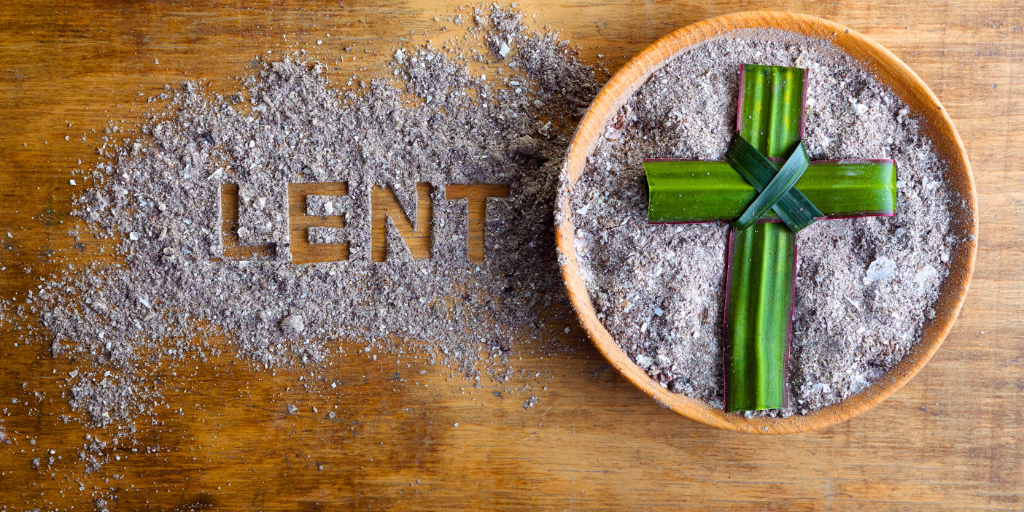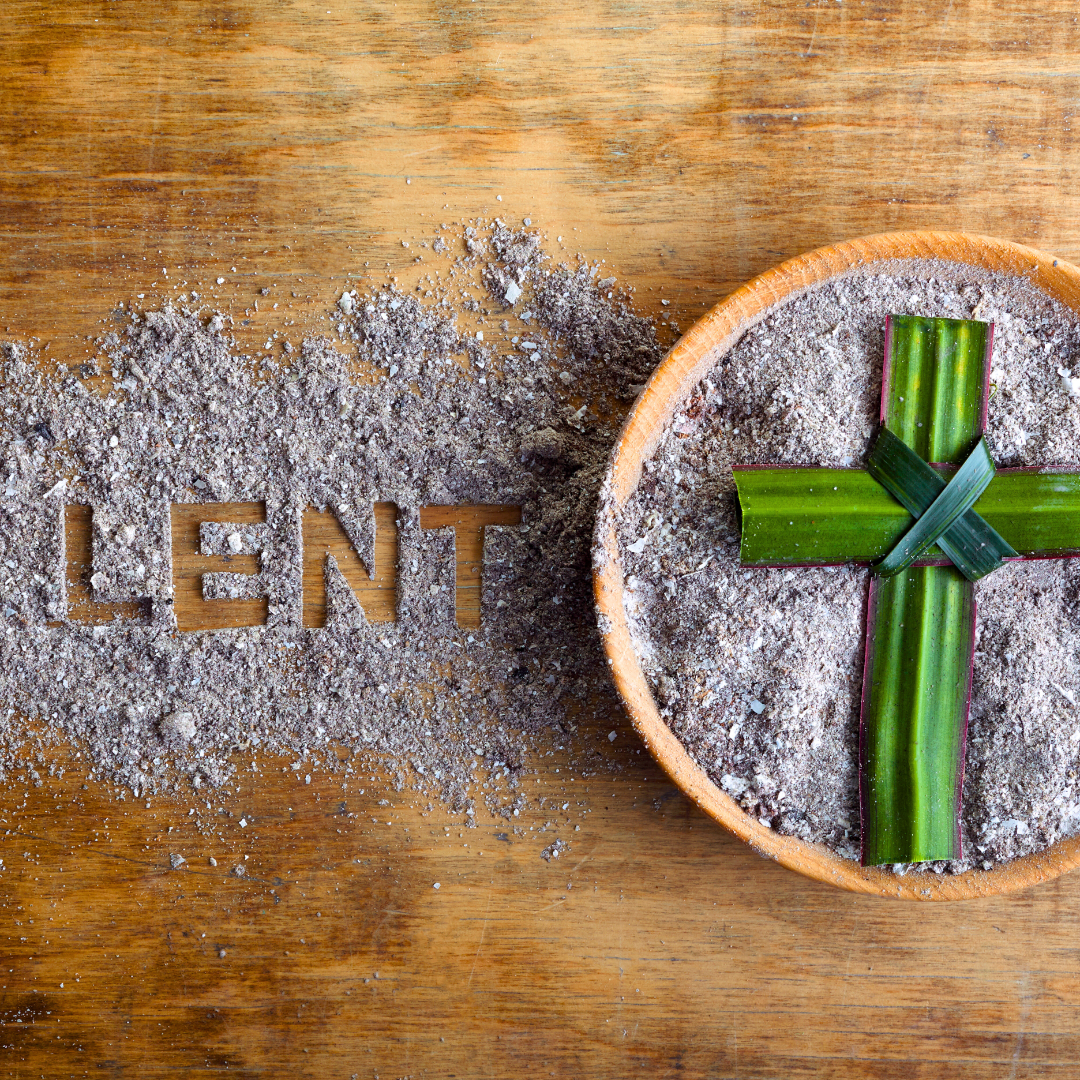
Liesl Schiavone laments her repeated shortcomings during Lent but recalls God’s merciful love that draws her close.
I am supremely bad at Lent.
I don’t want to be, I want to be good at living this Penitential season. I want to excel at handing my life and all its pleasures and conveniences over to the Lord, but I’m not. Every year I slack on my plans, display a lack of self-control, and forget when it’s Friday. Every year I say I’ll do better next year, but I never do. I continue to stink at Lent.
The Lenten season as part of the liturgical calendar dates back to the Council of Nicea in 325 AD, and Scripture supports the three pillars of prayer, fasting, and almsgiving. The Church calls us to these three practices, referenced in the book of Tobit, during the weeks leading up to Easter to call our hearts back to the Lord. In the Book of Exodus, we recall that Moses went into the mountains for forty days and forty nights to pray and fast before receiving the ten commandments. In the book of 1 Kings, Elijah goes out into the mountains for forty days and forty nights to pray and fast until the “word of the Lord came to him.” And in the New Testament, Jesus fasts and prays in the desert for 40 days where Satan tries to tempt Him. These encounters were preparations for good and holy work, work that was necessary for the story of salvation.
In 400 BC, the prophet Joel wrote of the Day of the Lord:
Return to me with your whole heart, with fasting, and weeping, and mourning. Rend your hearts, not your garments, and return to the Lord your God. (Joel 2:12-13)
He’s writing during a time of threatening catastrophe, when locusts were invading the land of Judah. The prophet calls everyone to repent and draw close to the Lord.
Early Christians fasted with stricter guidelines than we observe today. The Apostolic Constitutions from the late 300s permit the consumption of “bread, vegetables, salt and water” during Lent and there are references to fasting before the sacrament of baptism in texts from the 1st and 2nd centuries. The Lenten fast was prescribed “as of strict necessity” during the Council of Laodicea in 363 AD, and Saint Augustine of Hippo wrote,
Our fast at any other time is voluntary; but during Lent, we sin if we do not fast.

It’s important and necessary to prepare our minds and hearts to contemplate Christ’s death and Resurrection. It’s essential that we stand firm in our commitment to God’s call on our life, both in the joyful seasons and in the barren ones. We live in a world like Joel’s, a world with threatening catastrophe and we battle the locusts of our time as we wait for the second coming of Jesus. We must be ready for the Lord, and we must draw close to Him as we prepare to take part in the Paschal Mystery, as we prepare to celebrate Christ’s life, death, and Resurrection.
Indeed, theologically and intellectually, I am all in on the idea of Lent. But practically, I consistently fall short in my attempts to use these 40 days to return to the Lord. I’ve tried all the things, even things that I excel at during the Advent season. I’ve tried habit trackers, visual aids, and app reminders for myself. As a family, we’ve tried a Lenten Jesse tree that tells the stories of Christ’s earthly ministry, sacrifice beads, and daily acts of kindness with only moderate success. I’ve tried paring down my goals, focusing on one good act to make it through the 40 days, but without fail, I slip and fall.
Fortunately, the Lord knows my heart. He knows where I excel and where I fall short. As the prophet Joel continues, “for gracious and merciful is he, slow to anger, rich in kindness, and relenting in punishment." (Joel 2:13)
If you’re like me and dread this season because of how you fail and fall short, just keep trying. Keep making the plans. Do it the way Jesus tells us to:
"Anoint your head and wash your face, so that you may not appear to others to be fasting, except to your Father who is hidden. And your Father who sees what is hidden will repay you.” (Matthew 6:17-18)
Any sacrifices you make, any steps—however small—taken to turning away from this world and turning toward the Lord are seen. He knows your heart and He takes delight in your efforts. He is more patient than we can imagine, and His kindness knows no bounds.

Copyright 2024 Liesl Schiavone
Images: Canva
About the Author

Liesl Schiavone
Liesl and her husband are raising their 6 kids in their house close to the Chesapeake Bay. She and her husband, Matt, serve their local parish as Director of Music and High School Youth Minister respectively. Liesl has worked as a music educator for the last 15 years and finds great satisfaction in writing about the joys and challenges of motherhood. Follow her on social media @sacramom.


.png?width=1806&height=731&name=CatholicMom_hcfm_logo1_pos_871c_2728c%20(002).png)
Comments